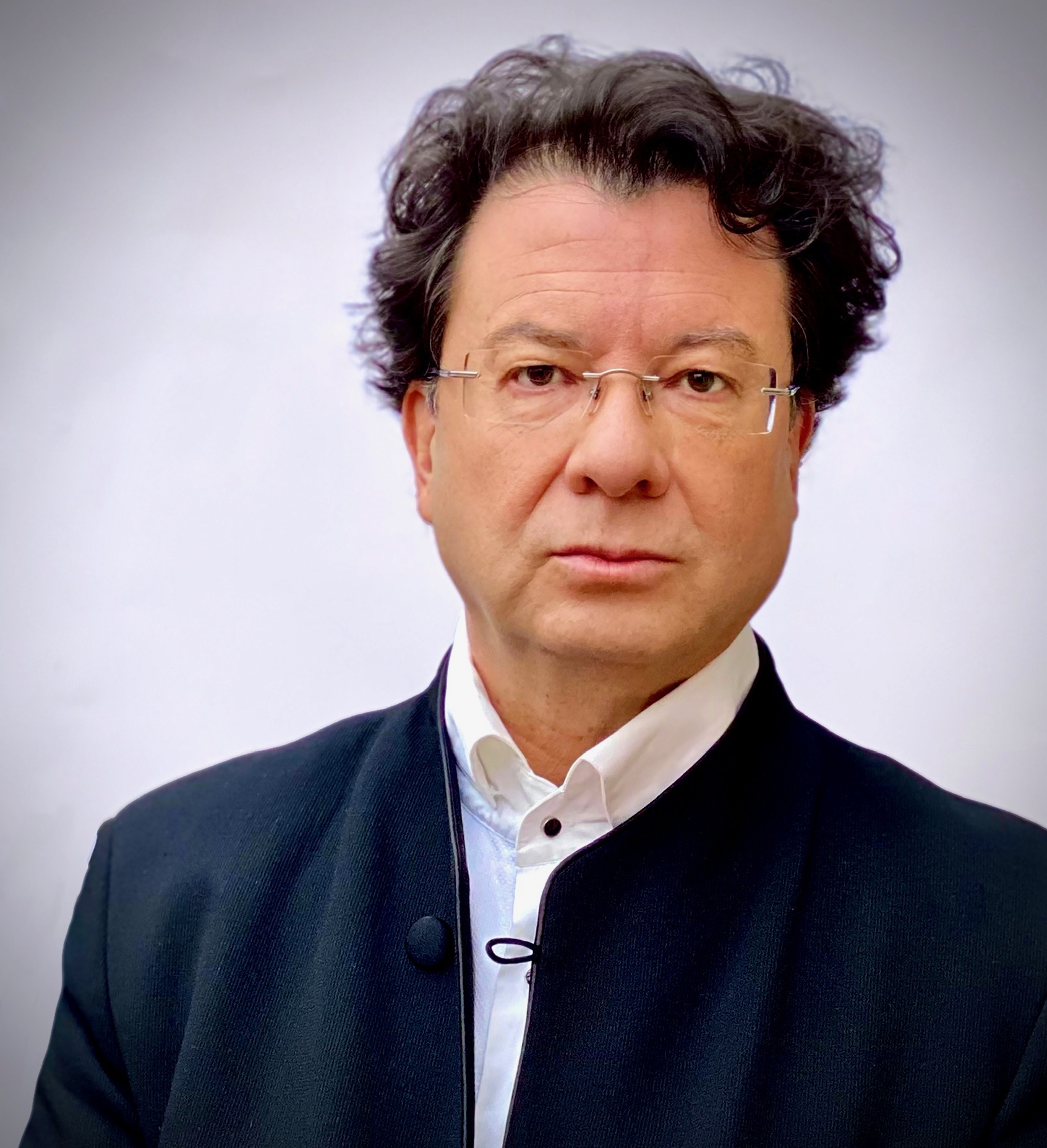

Mauricio Sotelo
Arde el alba
Short instrumentation: 3 2 3 2 - 4 3 2 1 - timp, perc(2), hp(2), pno, str
Duration: 24'
Dedication: a Josep Pons
Solos:
soprano, cantaor (or tenor)
Instrumentation details:
1st flute
2nd flute (+picc)
3rd flute (+picc)
1st oboe
2nd oboe
1st clarinet in Bb
2nd clarinet in Bb
3rd clarinet in Bb (+bass cl(Bb))
1st bassoon
2nd bassoon (+cbsn)
1st horn in F
2nd horn in F
3rd horn in F
4th horn in F
1st trumpet in C
2nd trumpet in C
3rd trumpet in C
1st trombone
2nd trombone
bass tuba
timpani (+crotali)
1st percussion
2nd percussion
1st harp
2nd harp
piano
violin I
violin II
viola
violoncello
contrabass
Sotelo - Arde el alba for soprano, cantaor and orchestra
Printed/Digital
Translation, reprints and more

Mauricio Sotelo
Sotelo: Arde el albaOrchestration: für Sopran, Cantaor und Orchester
Type: Studienpartitur
Sample pages
Work introduction
At first glance, this piece seems to be a love-song, interweaving the original verses by José Angel Valente to create an imaginary dialogue of inconceivable love: Giordano Bruno at the Inquisition’s stake on the Piazza dei Fiori and the mental projection of impossible love in the form of the goddess Diana as the object of desire (cf. the parable of Acteon, the hunter, who spied on the naked goddess; she turns him into a stag who is then torn apart by his own dogs – man, consumed by the flames of his own desire).
This burning soundscape has no philosophical background. It consists of the rebounding echoes of sounds once intensely experienced and now welling up from the mind’s memory. The memory of the unmistakeable Viennese element in certain sonic images kept returning in my discussions with Josep Pons – and our talks about the expressive power of sung music, so prominent in the voices of singers in the traditional flamenco genre, were coloured by inevitable recollections of the so-called Vienna Sound and the typical, bittersweet character of some of Beethoven’s works, Schubert’s, Hugo Wolf’s, Schönberg’s, Mahler’s.
All through the months when I was working on the piece, I couldn’t help remembering that Mahler composed his impressive Lied von der Erde precisely 100 years before. Although it is coincidence that my score calls for human voices – a soprano solo (an alto in Mahler), sung by Milagros Poblador, and a tenor solo, performed by the flamenco singer Arcángel – it is certainly not a coincidence that structures occasionally appear in my usual, characteristic orchestral sound which are reminiscent of Mahler's in Lied von der Erde – not as quotations or paraphrases, but conceived as purely poetical expressions of implicit metaphors for a sonic world overflowing with energy and dynamism.
The work is dedicated to Josep Pons, in profound friendship and admiration. He is a superb conductor who succeeded in penetrating the secrets concealed in the notes in the score and making them audible in his performances of my piece.
Mauricio Sotelo
